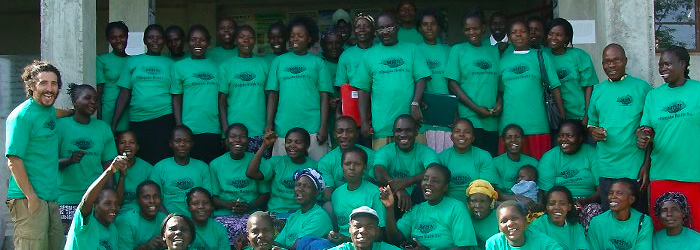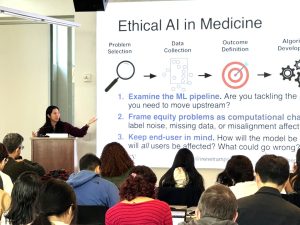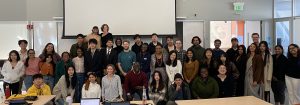
The Challenge
In impoverished and war-torn areas, regional instability leads to ineffective health care infrastructure unable to adequately treat ailments such as diabetes and HIV/AIDS.
The Technology Approach
Through community-based workshops, micro-clinics leverage social networks to spread “contagious health” best practices, providing information dissemination and training in conjunction with local partners.
2013 Updates
The NGO MicroClinics International will expand and support the 1,500 established micro-clinics spanning four continents through evaluation and policy advocacy. The group also recently launched a diabetes micro-clinic project domestically in Kentucky.
Principal Investigator
Prof. Eva Harris, School of Public Health
Lead Researcher
Daniel Zoughbie, Principal Investigator, CEO Microclinic International
[button link=”http://microclinics.org/” text=”Website”]





